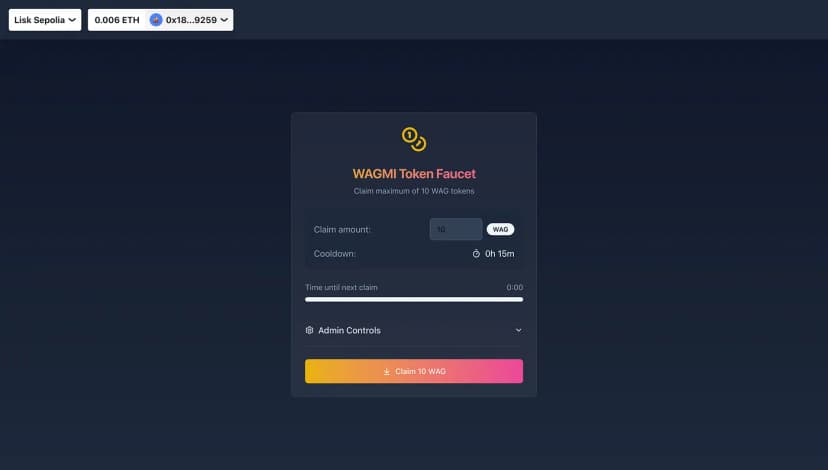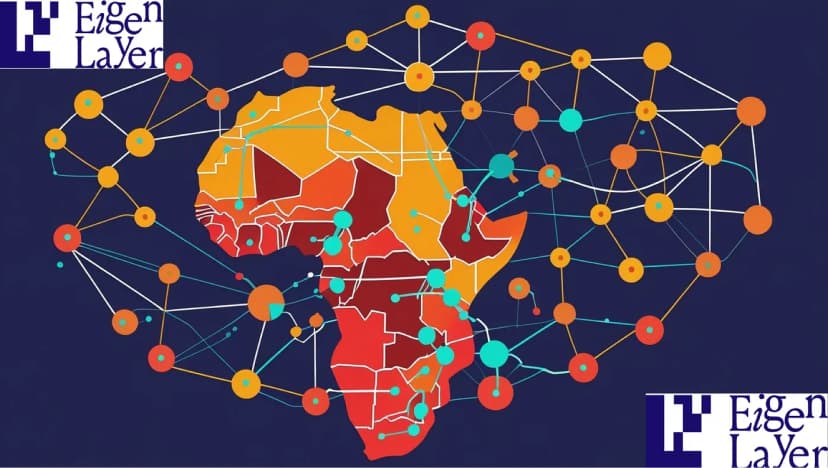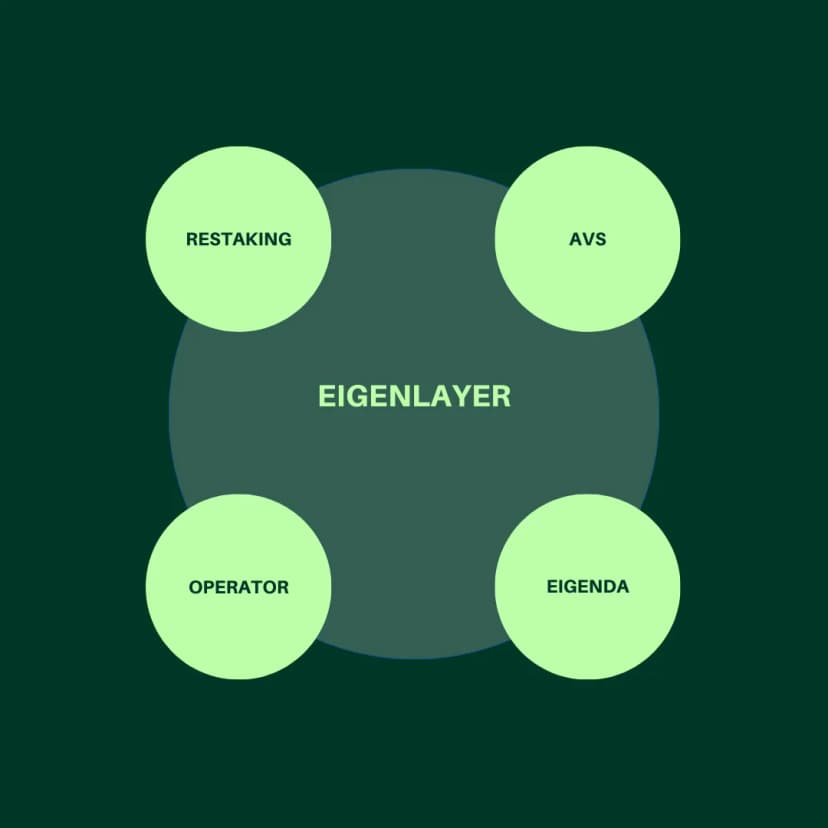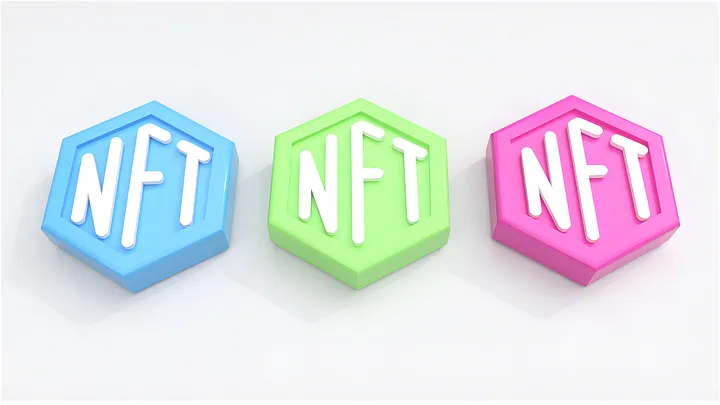Articles
Here are some of the articles I have written over the years.

In this article, I will try to build explanations step-by-step, starting with the basics before moving to more complex aspects. I respect that everyone has different backgrounds and expertise levels; hence, the goal with this article is to meet people where they are and help them understand concepts in a way that makes sense to them. So whether you're a complete beginner or just approaching the topic from a different angle, this article is for you. 🚀
Read More

In this guide, I'll walk you through how to integrate your Solidity smart contract with a Next.js frontend using Wagmi, a React library designed for smart contract interactions. I'll keep the process as simple and straightforward as possible to make it easy to follow.
Read More

Eigenlayer is a pioneering Ethereum-based protocol introducing the concept of restaking. It enables Ethereum validators to “restake” their staked ETH, extending security services to additional protocols and applications. If you don't understand what restaking is, check out my article breaking it down in layman terms here.
Read More
Libra is the first zero-knowledge proof system that has both optimal (i.e., linear) prover time and succinct proof size/verification time. It is proposed as an optimal version of the GKR prover (makes it faster and efficient), and it also makes GKR zero-knowledge.
Read More

Let's be honest, blockchain terms are actually confusing. Now throw EigenLayer into the mix, and suddenly you're hearing things like “restaking,” “AVS,” and “slashing,” and you're like, what does that even mean? To make it even worse, most documentations are not written with total beginners in mind, but not to worry. If you're curious about EigenLayer but the jargon keeps chasing you away, this guide is for you.
Read More

ERC-20 (Ethereum Request for Comments-20) is the name used in the Ethereum community to refer to a standard (set of rules and functions) that guides the creation of fungible tokens on the Ethereum blockchain. Fungible tokens are tokens that are identical and can be exchanged on a one-for-one basis. In this article, I will go through the different functions contained in an ERc20 token standard and how they are used...

The birth of the Ethereum blockchain saw a significant change in the way we see and interact with blockchain technology. Ethereum extended to a large extent the capabilities of the first blockchain (Bitcoin), which was primarily created to facilitate peer-to-peer transactions of digital currencies.

A merkle tree, also known as a hash tree, is a kind of data structure used to store data more efficiently and securely. It was named after Ralph Merkle, a computer scientist known for his pioneering work in the field of cryptography.

In this article, I examined how arrays, structs and mappings are stored on the EVM, but before we dive into this, lets talk about what storage looks like in the EVM. Understanding how EVM storage works is crucial for efficient smart contract development.

NFTs (Non-Fungible Tokens) are one of the amazing innovations of the blockchain, and its applications has continued to expand into many industries like real estate, ticketing, music, art, decentralized identity, gaming, etc. The birth of NFTs came through the ERC-721 standard, which was inspired by the popular ERC-20 standard, a standard for fungible tokens widely used in the crypto world.